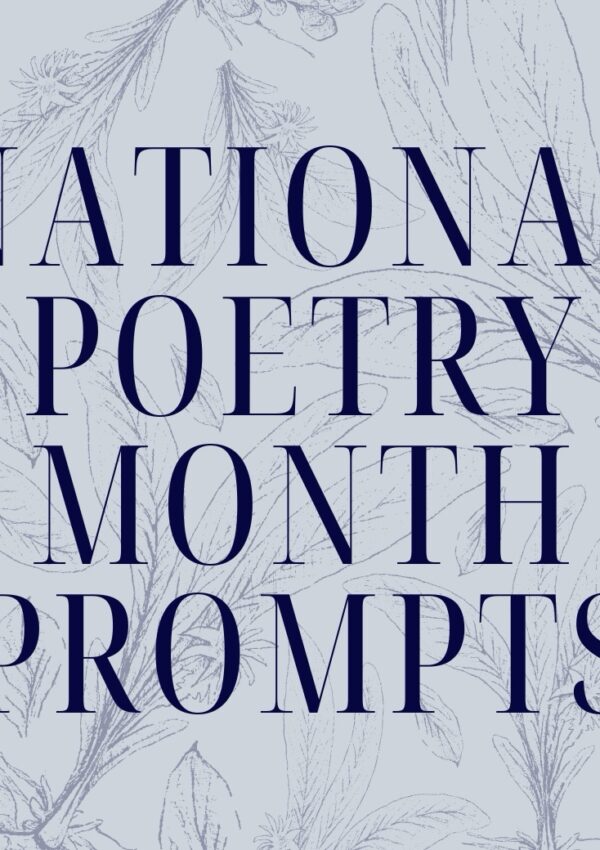Self-publishing outstripped the traditional publishing market in terms of titles produced around 2010. Yes, you might agree, but how many of those titles are complete rubbish? Furthermore, selfies are the ones who got rejected from real publishers so what could I possibly have to learn from them, right? There have been naysayers since the dawn of time and if we’d listened to them, the bicycle, the computer, and humans on the moon might never have happened. So what IS there to learn from the world of self-publishing, and how might it make your career as a writer more fulfilling?
Confession time. I never even approached a traditional publisher. With any of my books. I did my research and decided that the open road was the way for me. Why? Let me be clear. I like control: I like to create what I want to create and write about what I want to write about. I also want to be connected to any money I make and any decisions about how I am portrayed. Self-publishing appealed to me like the wild freedom of Ginsberg’s Howl.
That said, here’s a short list of self-publishing’s draws:
1. You keep all your rights. That’s correct. Movie options, serial rights, foreign rights, merchandise, you name it. It’s yours.
2. You keep all the profit outside of your printing costs. You get to decide where to funnel those, whether it be into marketing, more copies, a new wardrobe, or a laptop. With traditional publishing, advances are going the way of the dinosaur and unless you’re Stephen King or JK Rowling, you’re probably not going to see huge profits sliding your way.
3. You do your self-promoting. Don’t want to read in bookstores and think the book would do better being hawked in bars? Go for it! This is actually not so different than traditional publishing now. In the olden days, you’d get trotted around to events and releases, but with the tightened budgets and general malaise of the traditional publishing world, most promotion falls to the authors themselves to both arrange and fund. Sound lame? Check it out. Even traditionally published authors who end up favoring dead-tree publishing agree that your book could easily end up languishing on a dusty shelf somewhere. Yes compatriots, it’s up to YOU to sell that honey. As a fan of ultimate personal responsibility, I favor for the cold, hard reality of my actions.
4. You can design your own cover, layout, and have a book in your hands in a matter of days. That said, there’s a reason why people have a general impression of self-publishing and sub-par quality. People have been programmed to expect instant gratification, even if it comes at the cost of producing something worthwhile. Don’t be that person.
5. You have a host of support options available: you can hire editors, a marketing team, distribution is offered. Heck, you can get your book on Amazon if you like. The way is clear for people who really want to make a living selling their books.
Of course there is a catch, but it shouldn’t surprise you. You have to work. Not just at writing and preparing your manuscript, but at actually getting it into a saleable, quality form, and then promoting it as creatively as possible. Sound like the work of ten people? Where might you find such a team?
Enter traditional publishing. At least for the first part.
In my case, I have discovered that I really like writing books and designing covers, and then getting one in the mail in five days. I do not relish extensive edits or trying to critique my work objectively. I like public appearances but it takes some energy for me to focus the “buy my book” charisma needed to win over people who have no idea who I am. Long story short, I’d probably do well with a traditional publisher because what they offer is greater than what I enjoy doing in the process required to generate a best-seller.
If you are someone who has a ton of drive and the willingness to put yourself out there both in print and in person, self-publishing is an attractive option. With the advent of publishing service companies like Village Green, authors who want to stay independent but need support, can hire editors, designers, and marketers who have worked in the industry for years.
Either way, as the author, you now have more choices than ever before. This is the important part. You. Choose. Exercise the choice muscle. Falling asleep at the wheel with a motivational speaker playing in the background will still get you into an accident. You have to stay engaged to get where you want to go.
It’s a brave new world for writers if you’re willing to open your mind to being creative beyond the 90K word novel you just finished. Whether you decide to go traditional or strike out on your own, the best way to remain balanced is to stay connected to where and how you’re sending your book into the world.
Jaime Mathis grew up half feral, half in a cult, in the countryside near Oregon City, Oregon. Without books she would have gone pure Tarzan and hence, thanks literature for both sanity and social skills. After travelling the world and picking up a husband in Spain, she returned like a salmon to her spawning grounds where she now resides with 13 chickens, a son and her Dane. You can see her work in places like FORTH Magazine, Dirty Chai, and The Flexible Persona.


